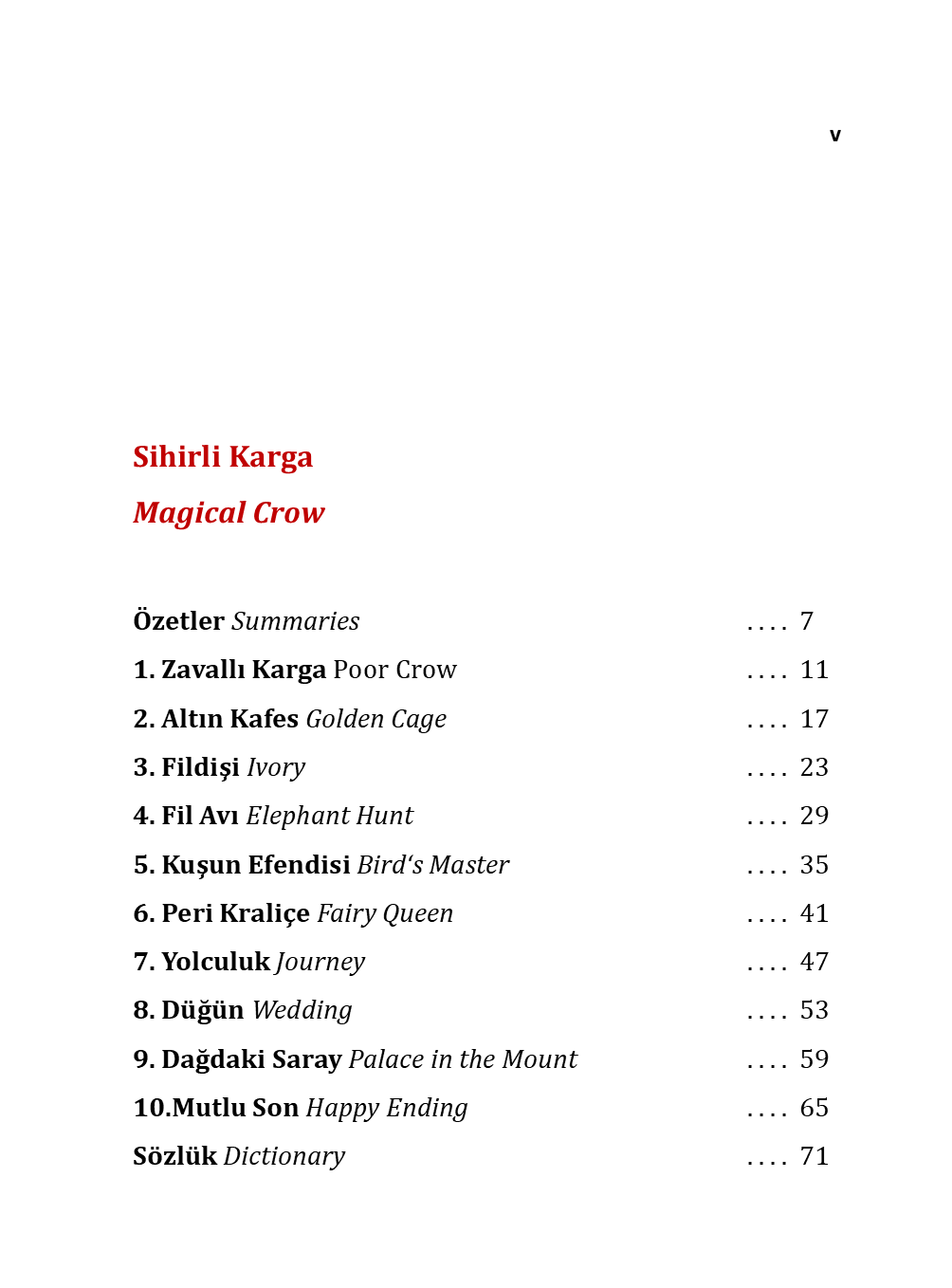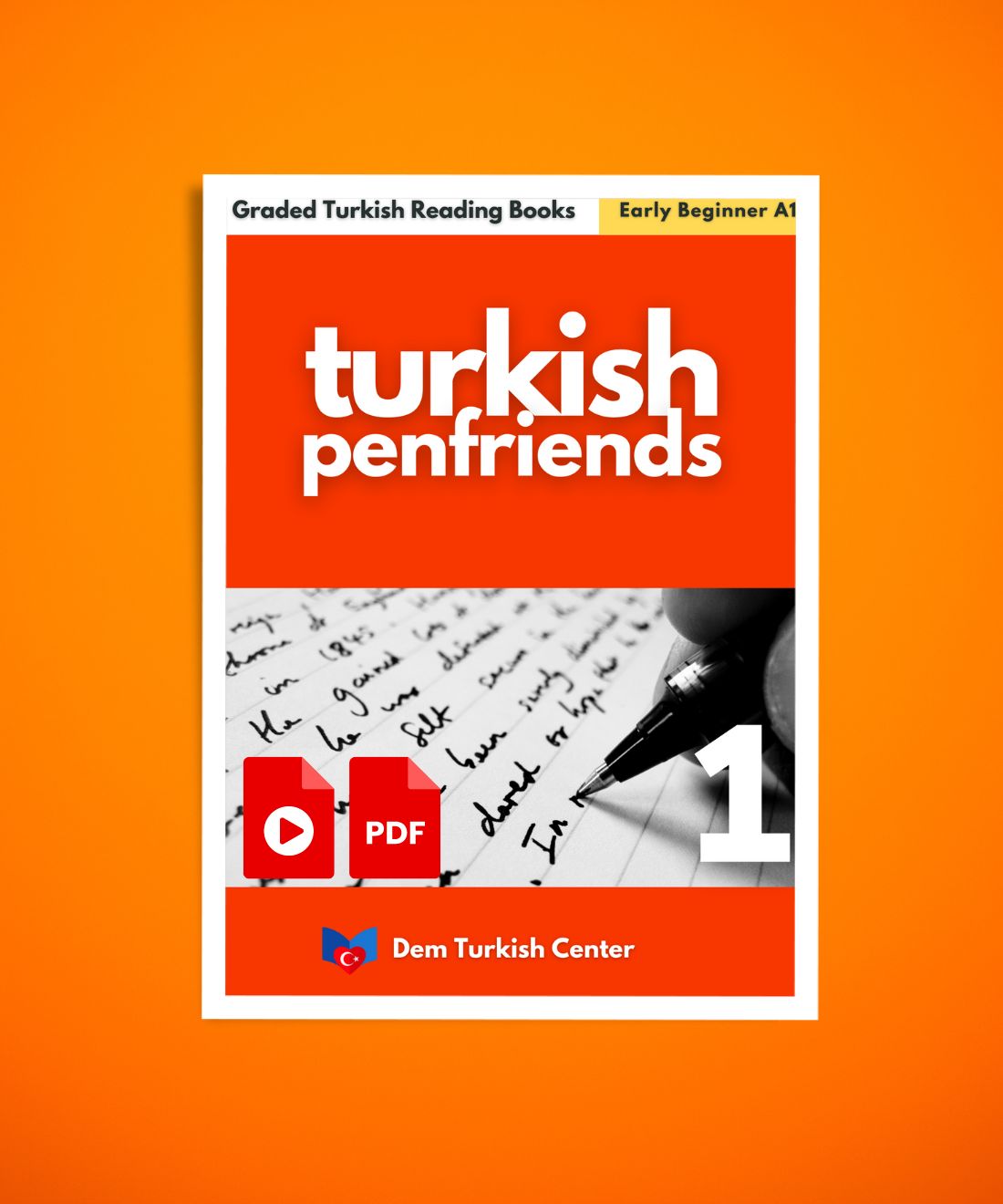
How long does it take to learn Turkish language?
Student questions: How long does it take to learn Turkish language?
The time it takes to learn Turkish depends on several factors, such as your native language, prior language learning experience, the intensity of study, and your dedication. Here's a general guide on how long it might take based on these factors:
HOW LONG DOES IT TAKE TO LEARN TURKISH?
1. Based on Language Difficulty
According to the Foreign Service Institute (FSI), which ranks languages based on how difficult they are for English speakers, Turkish is classified as a Category IV language.
This means it's considered harder than Category I and II languages (like Spanish or French) but not as difficult as Category V languages (like Arabic, Chinese, or Japanese).
FSI estimate
It typically takes 1100–1200 hours of study to achieve "Professional Working Proficiency" in Turkish. For reference, this is significantly longer than languages like Spanish (600–750 hours) but shorter than Arabic (2200 hours).
Download Turkish language courses for self-study (video lessons + PDF worksheets and books)
2. Learning Phases and Estimates
BEGINNER LEVEL (A1-A2)
- Time to Reach 2-3 months with consistent study.
- Focus Basic grammar, common phrases, and simple conversations (greetings, introducing yourself, asking for directions).
- Study Requirement Approximately 150–200 hours of study.
- Activities Daily use of language learning apps, basic vocabulary, grammar practice, and listening to simple dialogues.
INTERMEDIATE LEVEL (B1-B2)
- Time to Reach 6–12 months of regular study.
- Focus Understanding more complex sentence structures, handling everyday conversations, and being able to discuss familiar topics such as work, family, and travel.
- Study Requirement Around 300–600 hours.
- Activities Consistent speaking practice, intermediate grammar, reading short stories, watching Turkish media with subtitles.
ADVANCED LEVEL (C1-C2)
- Time to Reach 1.5 to 2+ years of immersive learning.
- Focus Fluency in speaking, understanding native speakers, discussing abstract or specialized topics, and writing detailed texts.
- Study Requirement 800–1200 hours of study.
- Activities Full immersion through Turkish media, conversations with native speakers, writing essays, and deepening understanding of grammar and vocabulary.
Download Turkish language lessons for self-study (video lessons + PDF worksheets)
3. Factors that Affect Learning Speed
I. Native Language
If your native language is agglutinative (like Hungarian or Finnish), you may find Turkish easier to grasp due to similar grammar structures.
For Indo-European language speakers (e.g., English, French, Spanish), Turkish will take more time to learn due to its different sentence structure and vocabulary roots.
II. Prior Language Learning Experience
If you’ve previously learned other languages, especially those with complex grammar systems (such as Russian or Arabic), you may find Turkish easier to pick up.
If this is your first foreign language, the learning curve might be steeper.
III. Intensity and Consistency
- Intensive Study (e.g., 3–4 hours a day) Can significantly shorten the time it takes to learn Turkish. Immersion through daily conversation practice, reading, and listening can lead to fluency within a year.
- Casual Study (e.g., 1 hour a day) It might take 2+ years to reach fluency if you're learning at a slower, more relaxed pace.
- Immersion Spending time in Turkey or regularly interacting with native speakers can drastically reduce the time it takes to become conversational.
Download Turkish language books for self-study (video lessons + PDF books)
4. Learning Methods
Language Apps
Apps like Duolingo, Memrise, and Babbel can help build foundational vocabulary but may not be sufficient for deeper grammar understanding.
Formal Classes or Tutors
Structured lessons from a tutor (either in-person or online) can help accelerate your learning, especially for understanding grammar and pronunciation.
Language Exchange
Practicing with native speakers, either online (through apps like HelloTalk or iTalki) or in person, can boost conversational skills.
Self-Study
Using grammar books, flashcards (Anki, Quizlet), and Turkish media (TV shows, podcasts, YouTube) will enhance learning. However, you need to stay motivated and consistent for self-study to be effective.
Download Turkish language worksheets for self-study (video lessons + PDF worksheets)
5. Full Immersion / Living in Turkey
If you're able to live in Turkey or spend an extended period there, you can learn Turkish much faster. Immersing yourself in the language and culture, along with daily interactions with native speakers, can reduce the time to fluency to around 6–12 months.
6. Motivation and Learning Style
Highly Motivated Learners
If you have a strong reason for learning Turkish (e.g., moving to Turkey, business opportunities, cultural interest), you'll likely progress faster.
Learning Style
Some learners prefer structured lessons, while others may learn better through immersion or conversation practice. Tailoring your learning approach to your style will speed up the process.
Summary of Learning Timeline
- Beginner Level (A1-A2) 2–3 months (150–200 hours).
- Intermediate Level (B1-B2) 6–12 months (300–600 hours).
- Advanced Level (C1-C2) 1.5–2+ years (800–1200 hours).
With regular practice and dedication, you can become conversational in Turkish within 6–12 months, and with immersive learning, you may reach fluency in 1.5–2 years.
Keep in mind that consistency, motivation, and access to native speakers or immersive resources play a key role in how quickly you can learn Turkish.
Download, study Turkish at your own pace, practice with your Turkish teacher, friends or Aı and learn Turkish yourself with Dem Turkish Center!
















2 comments
I want to learn turkish language
I want to learn turkish language